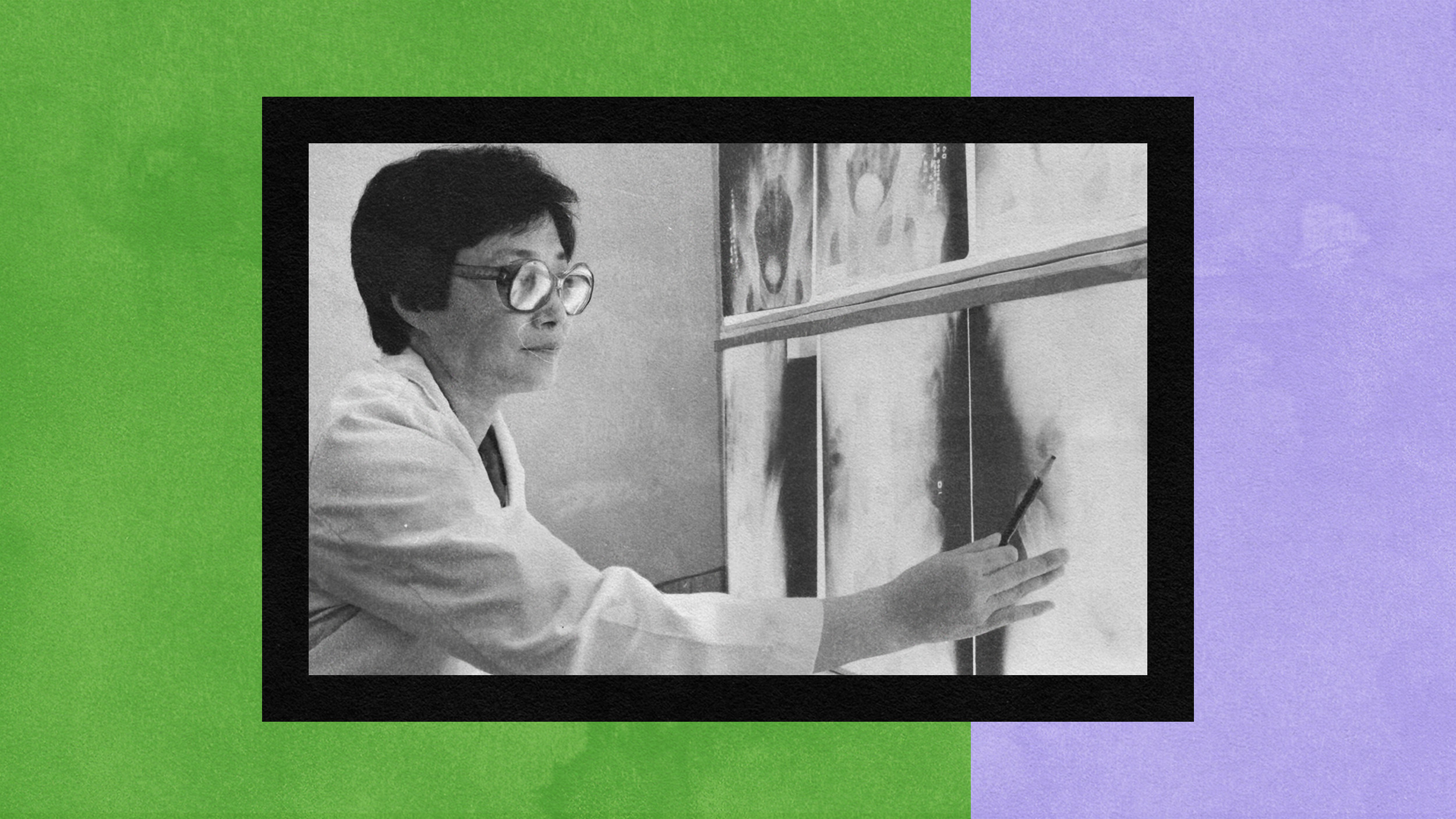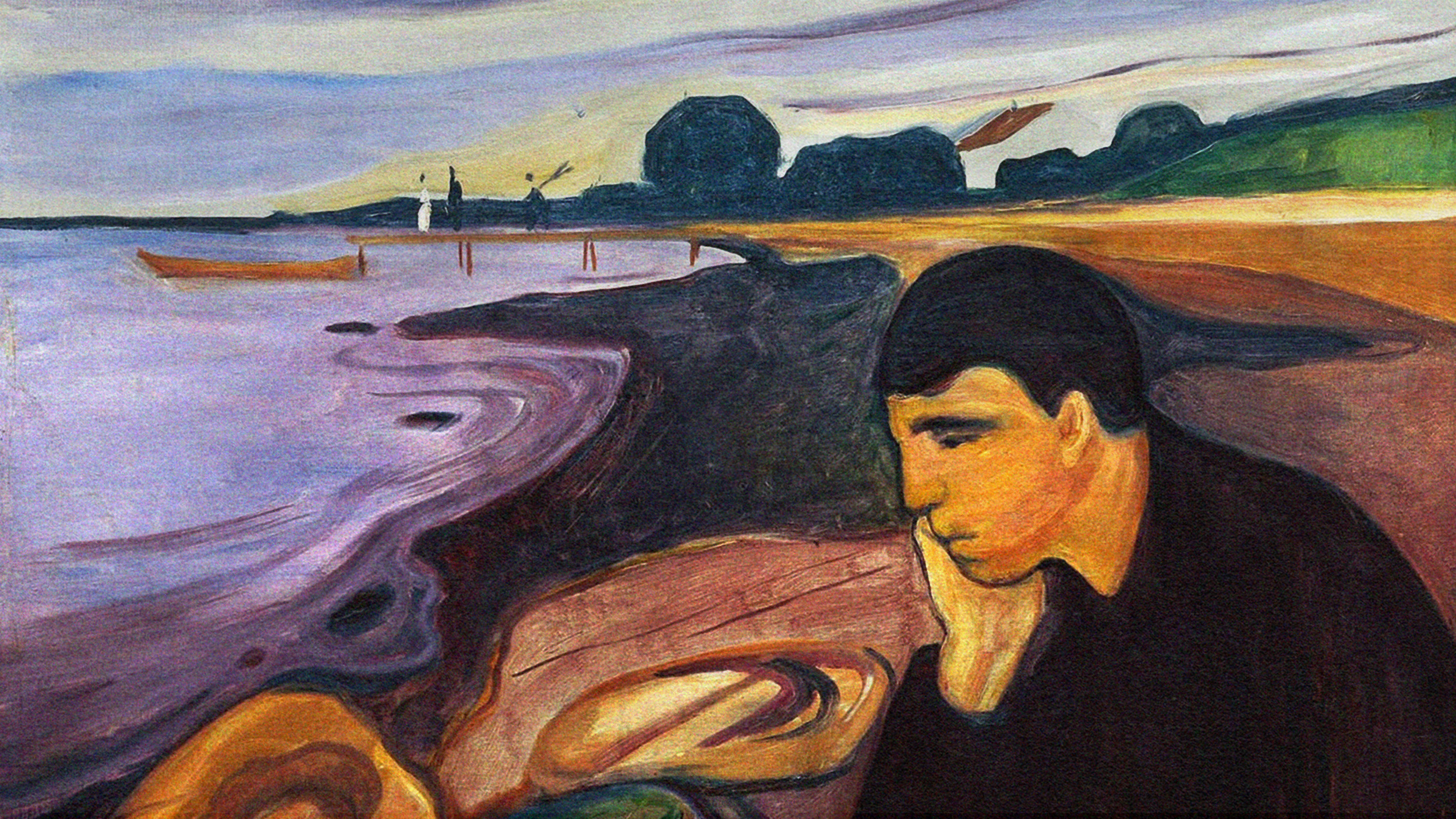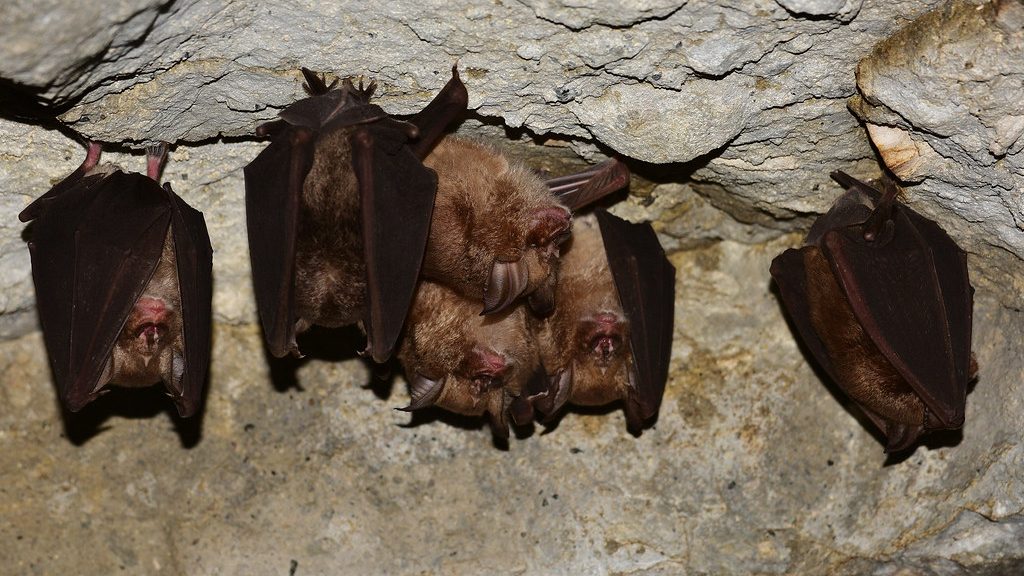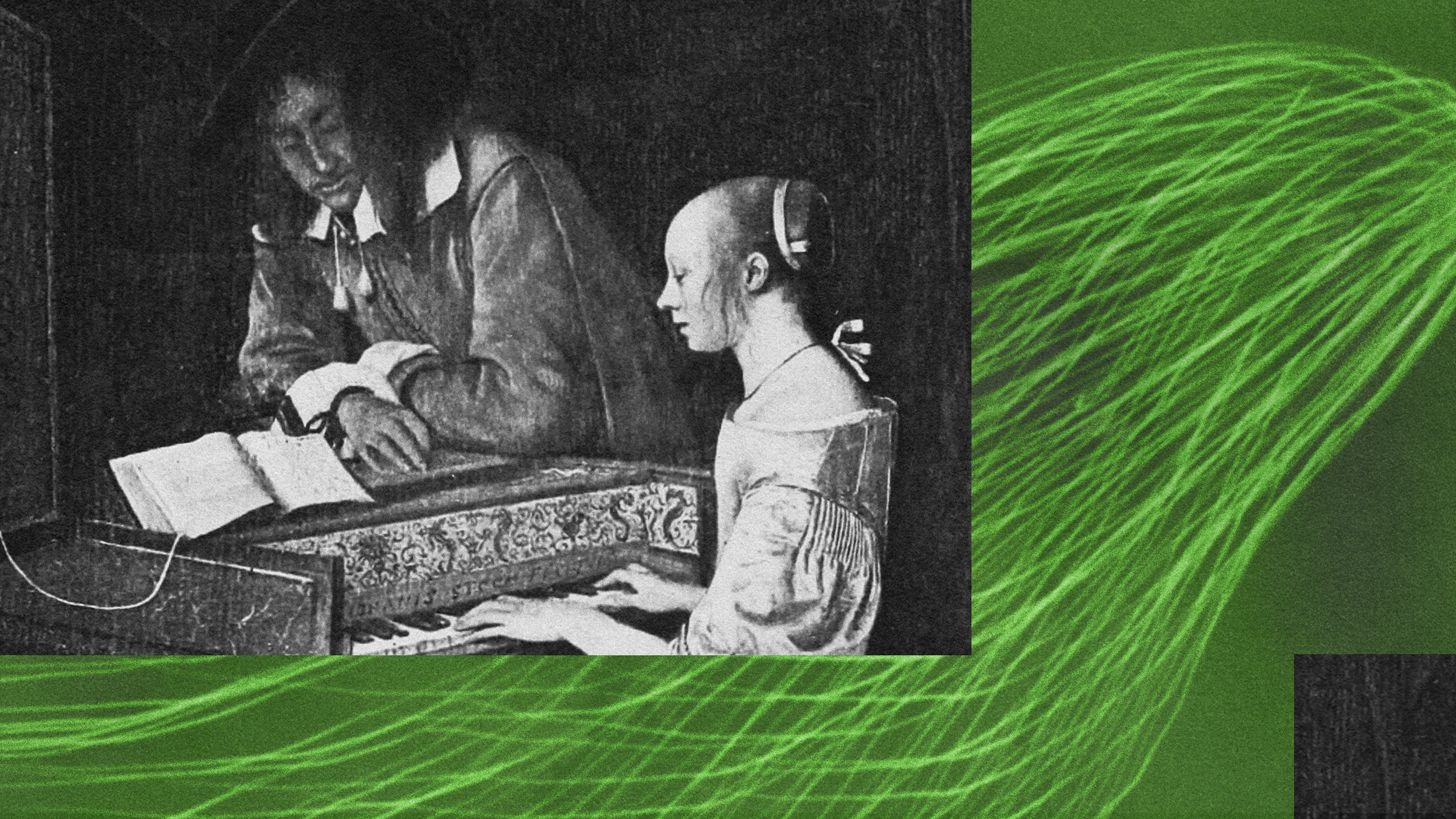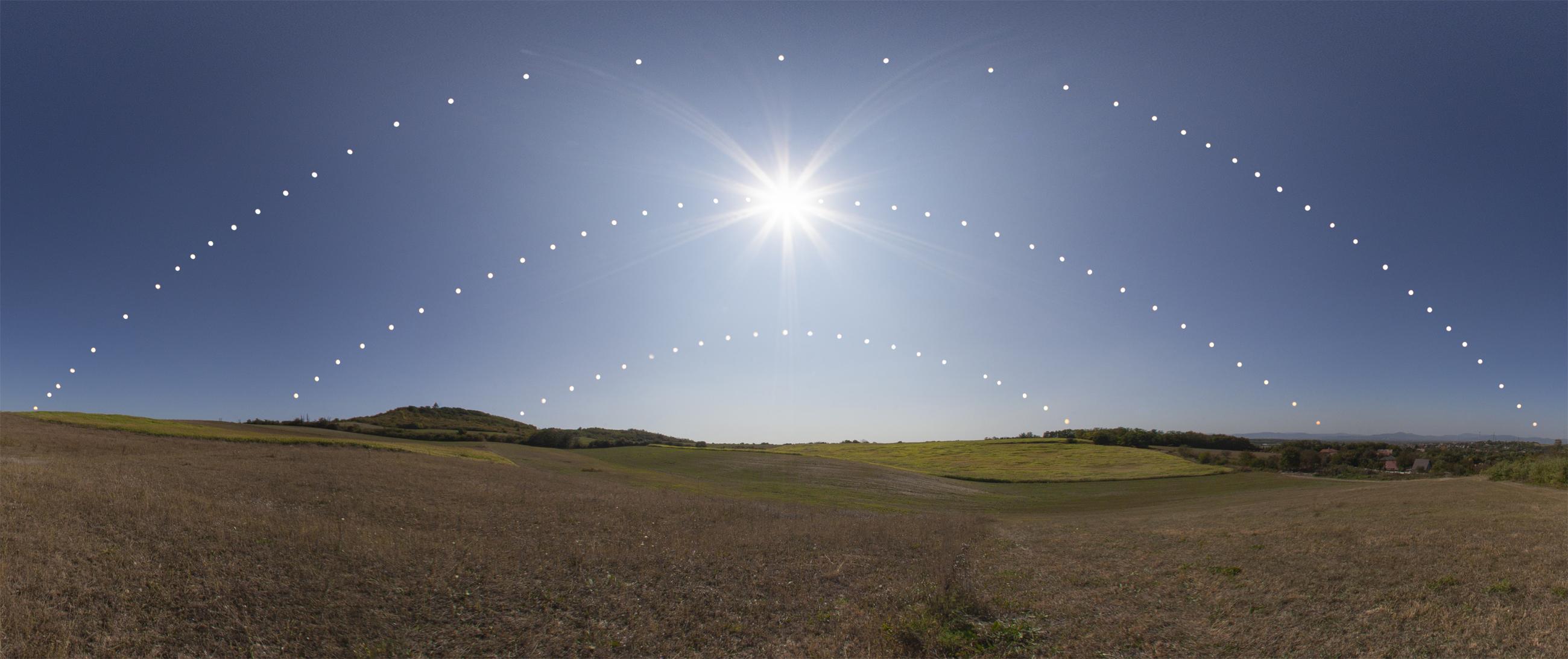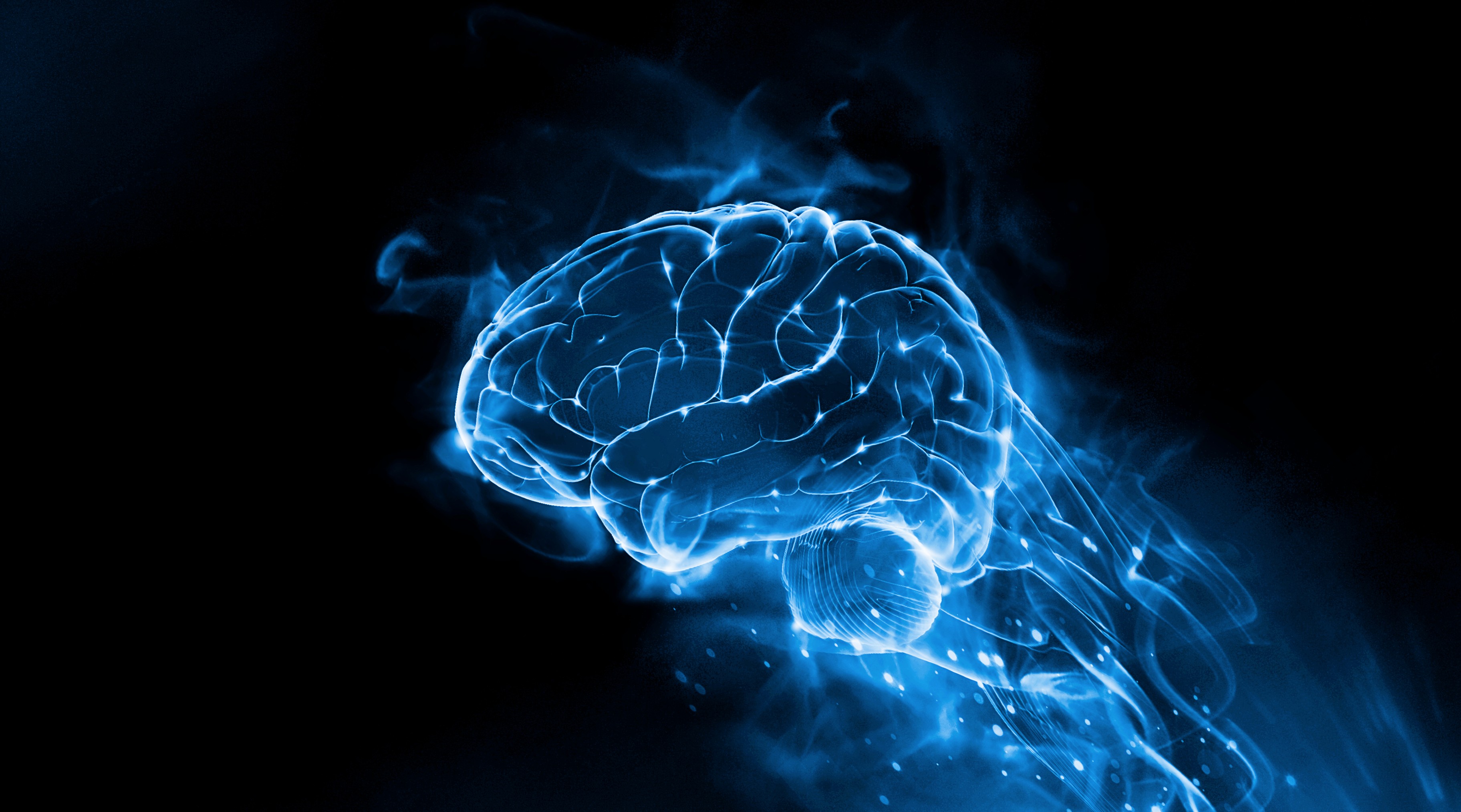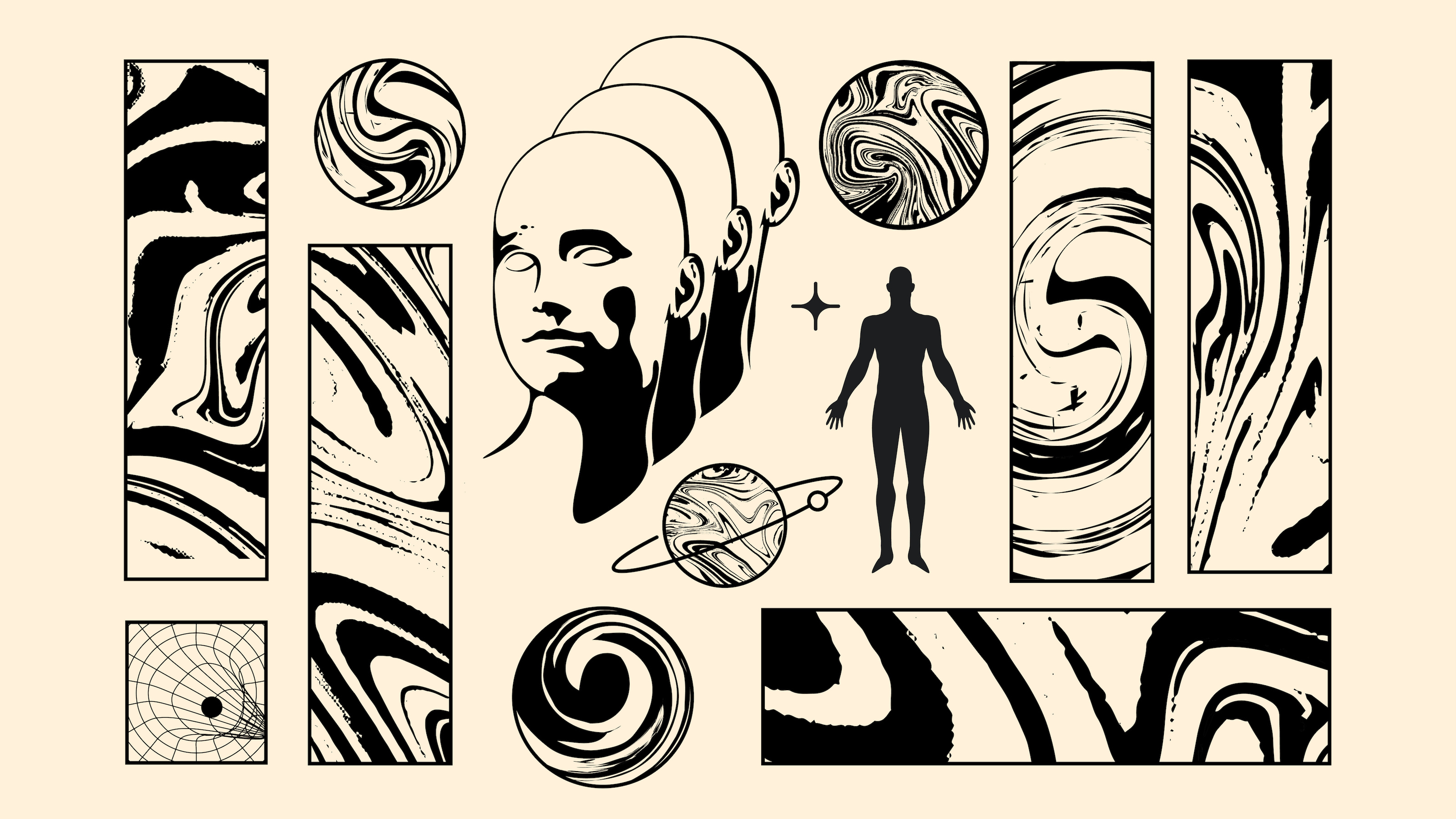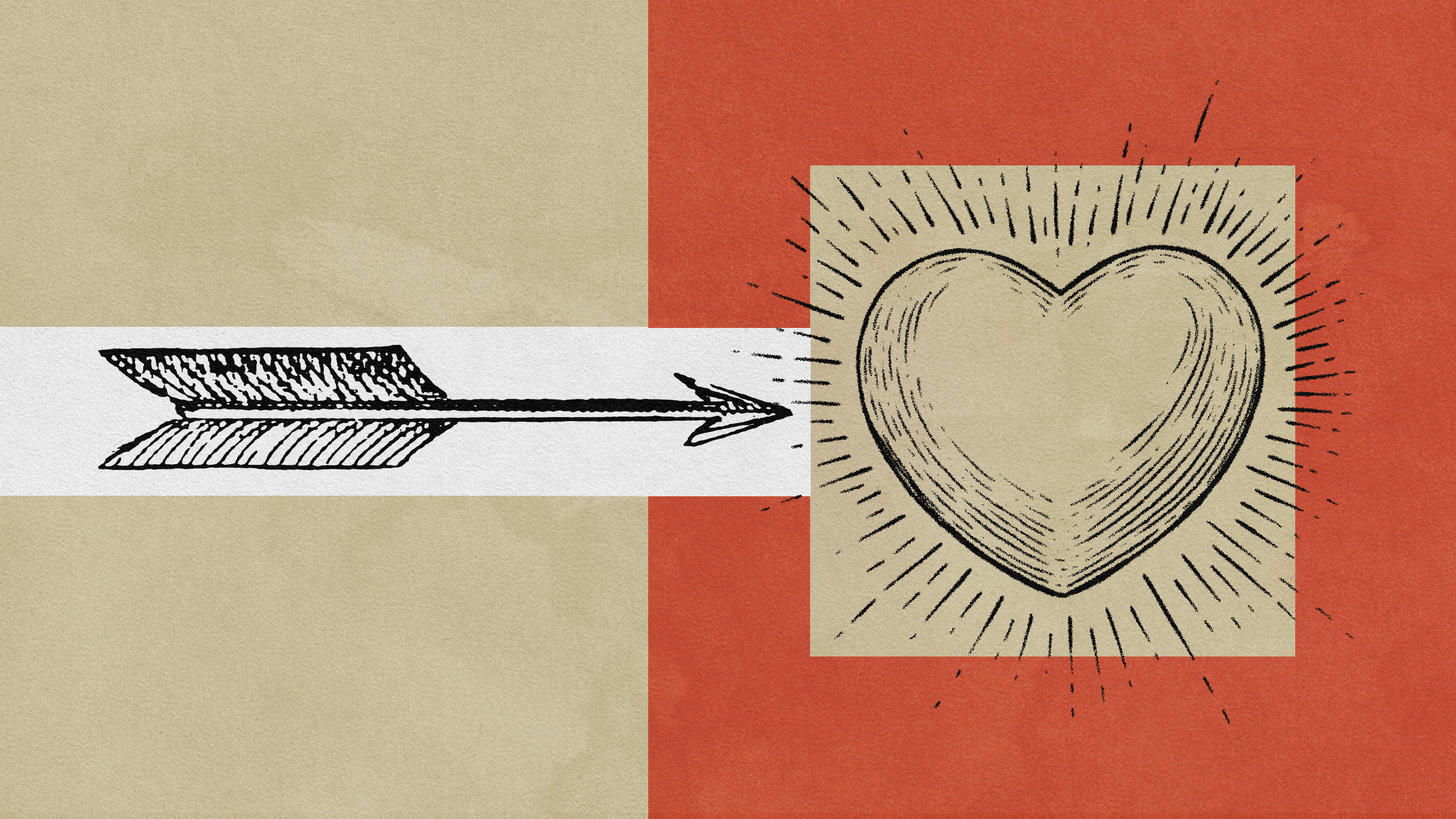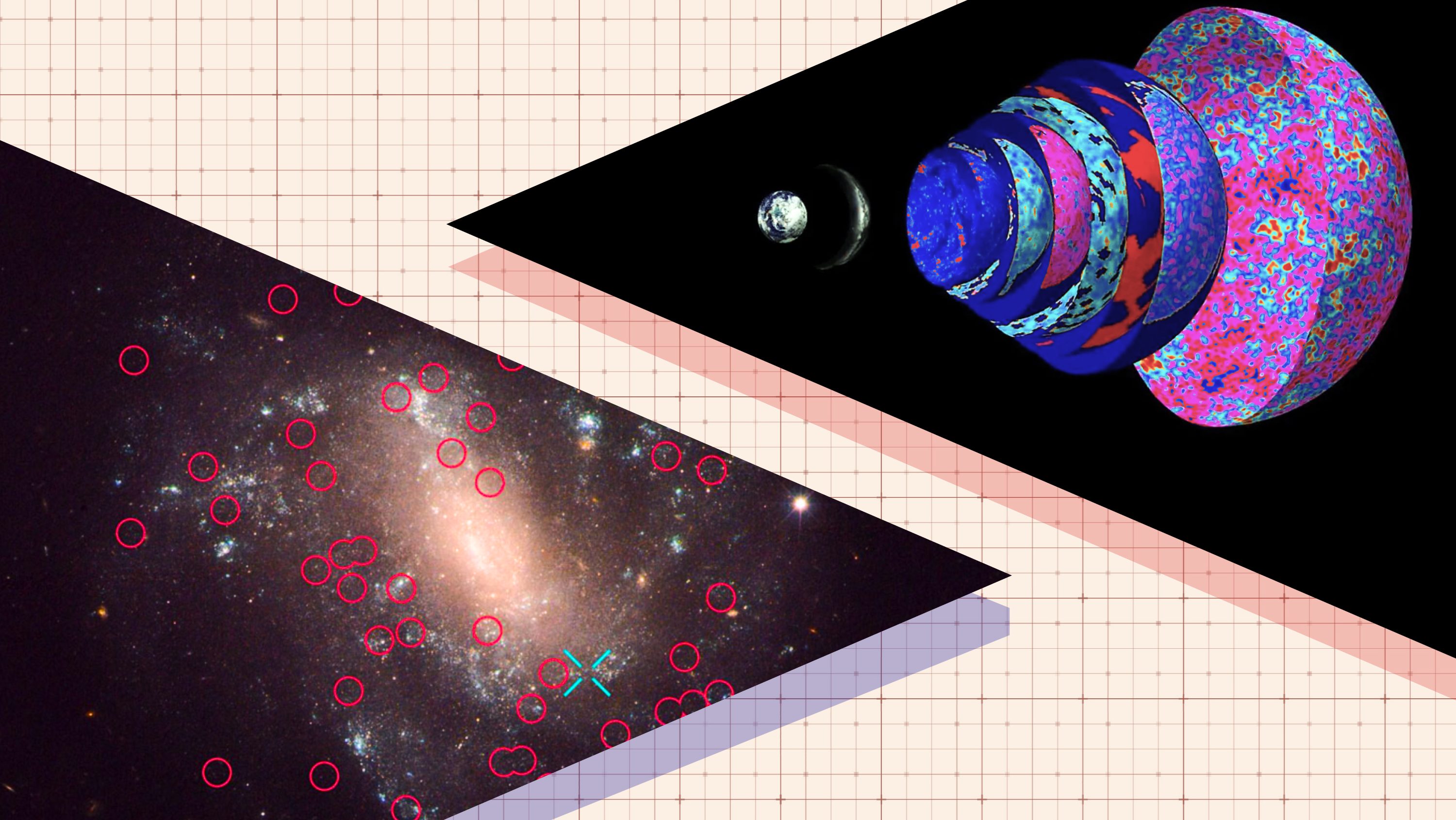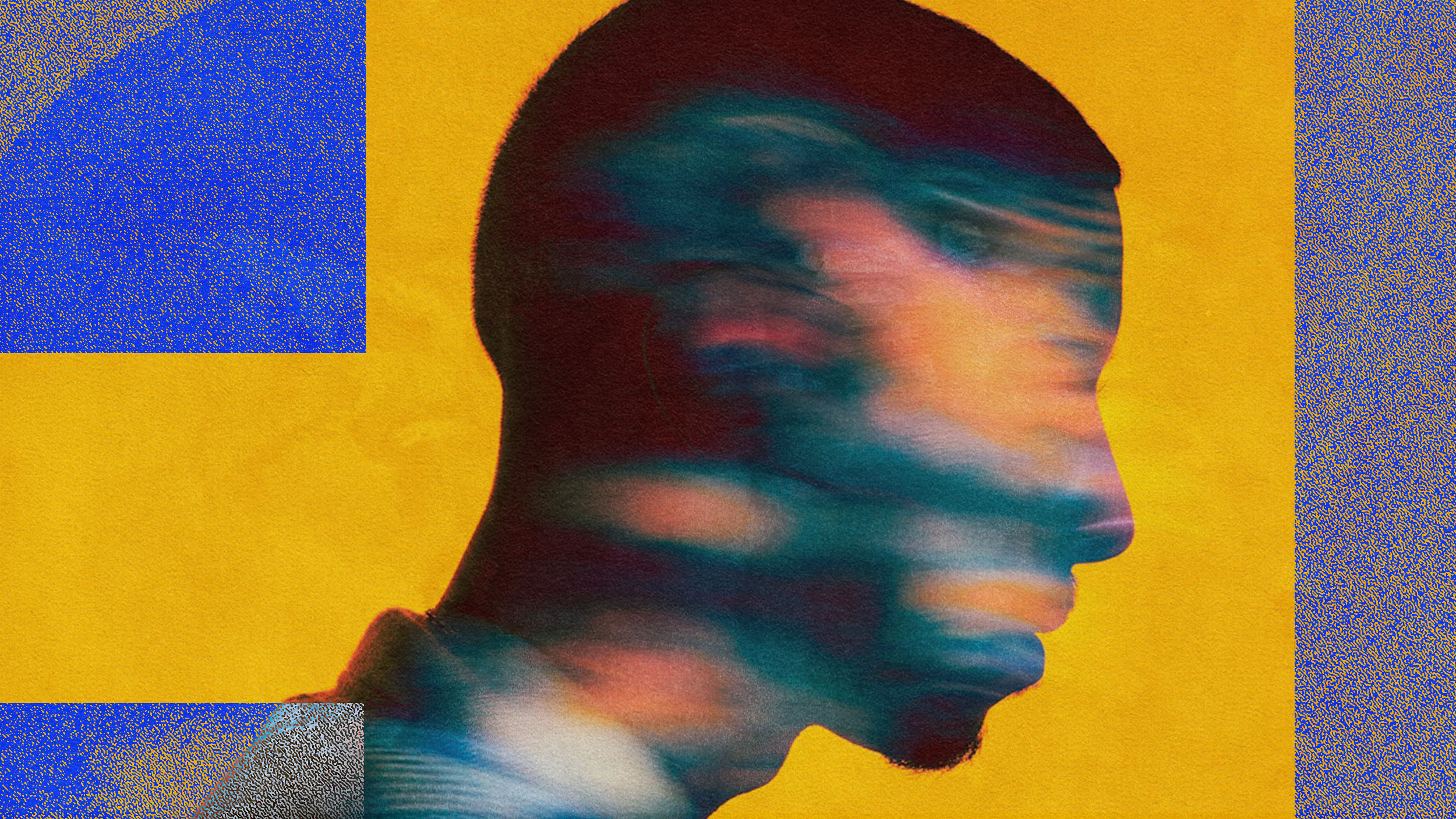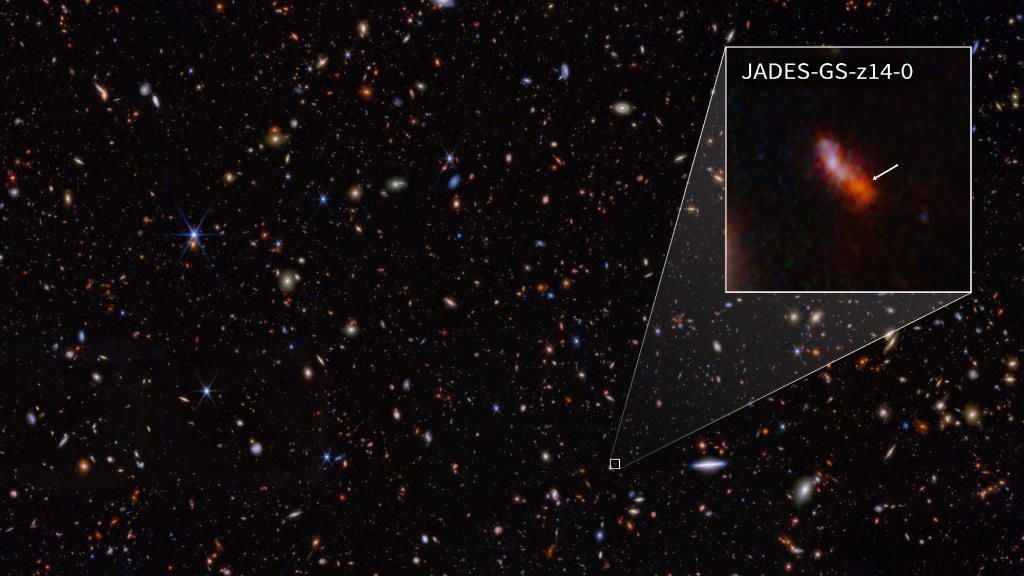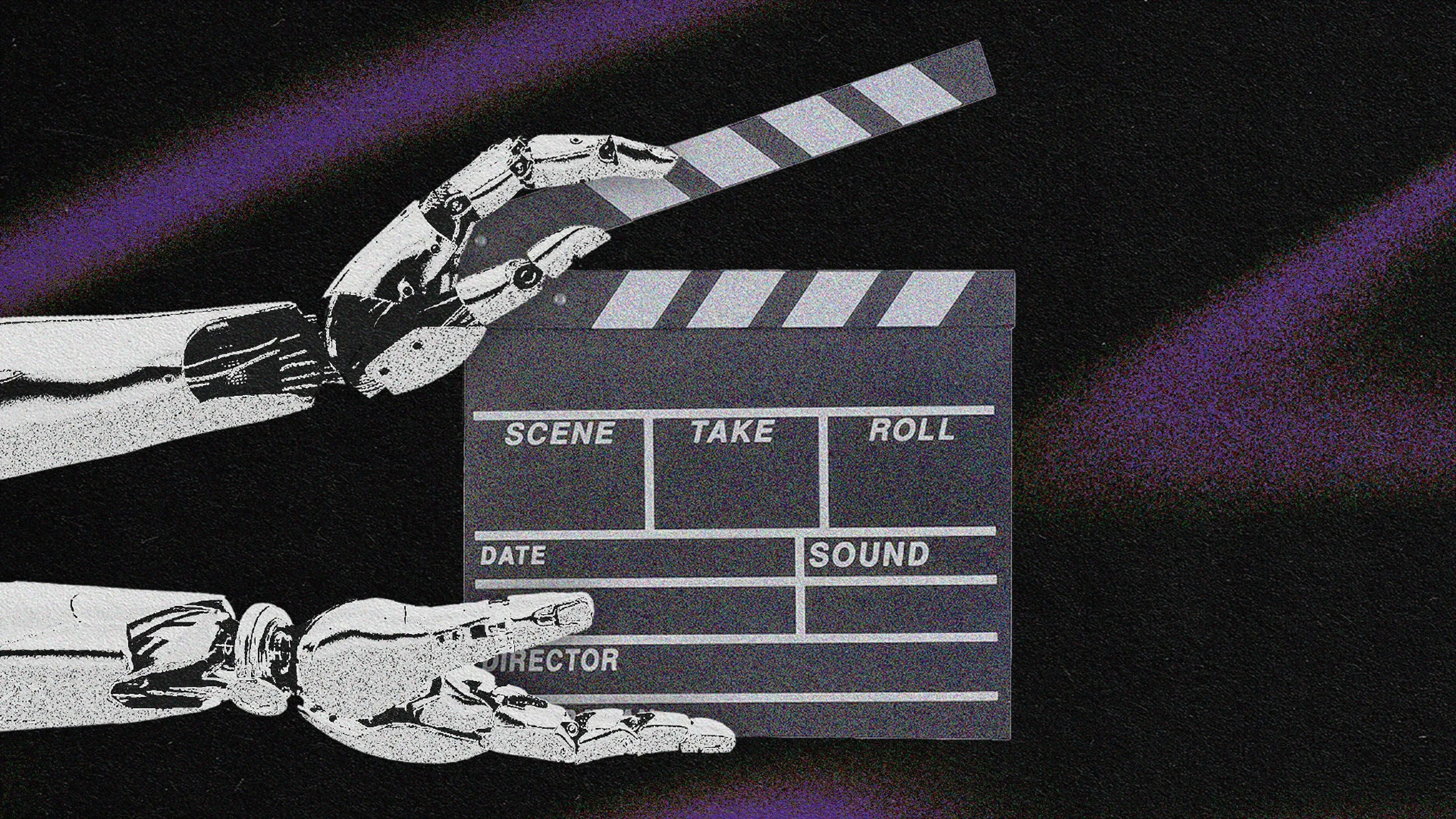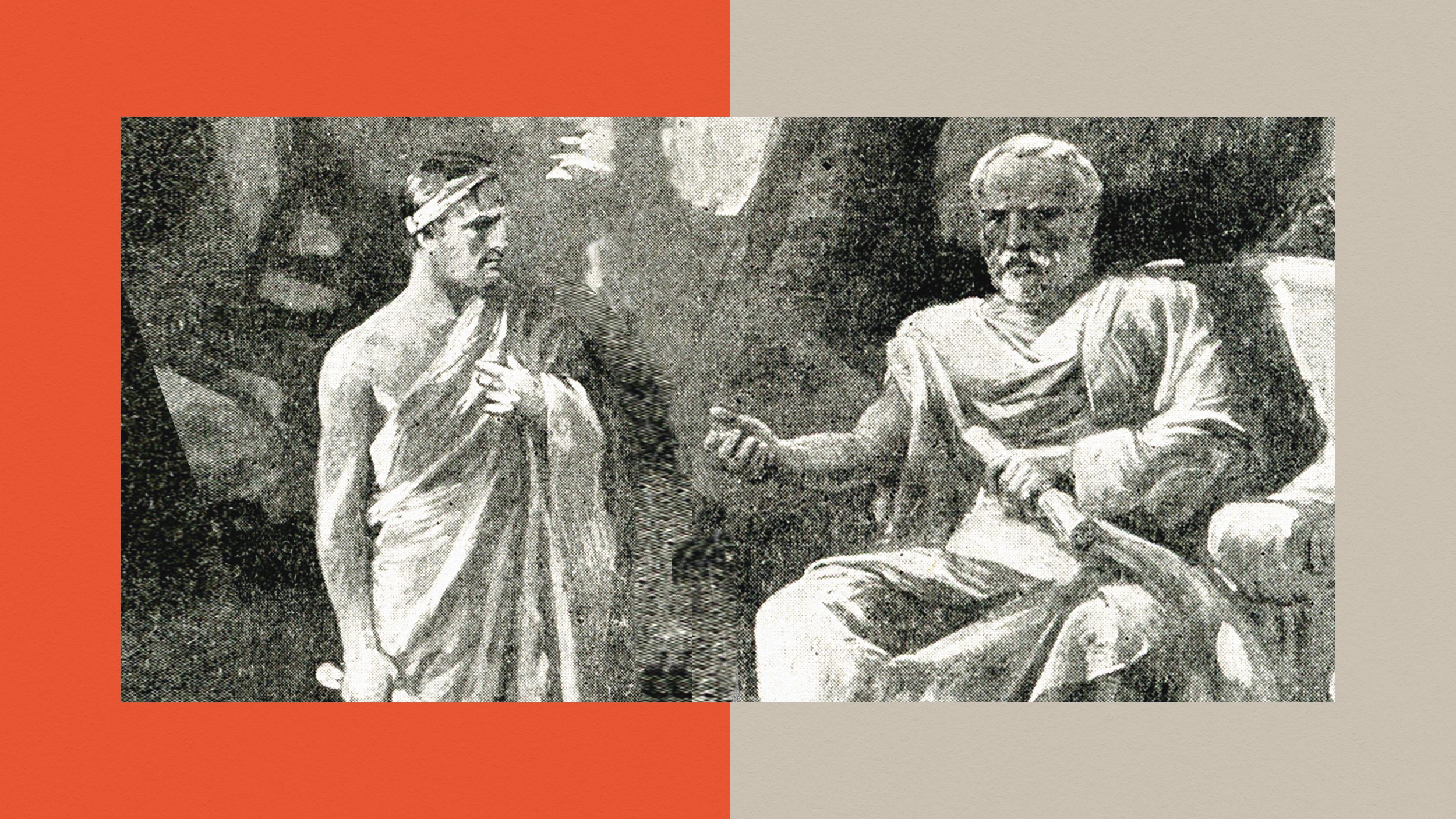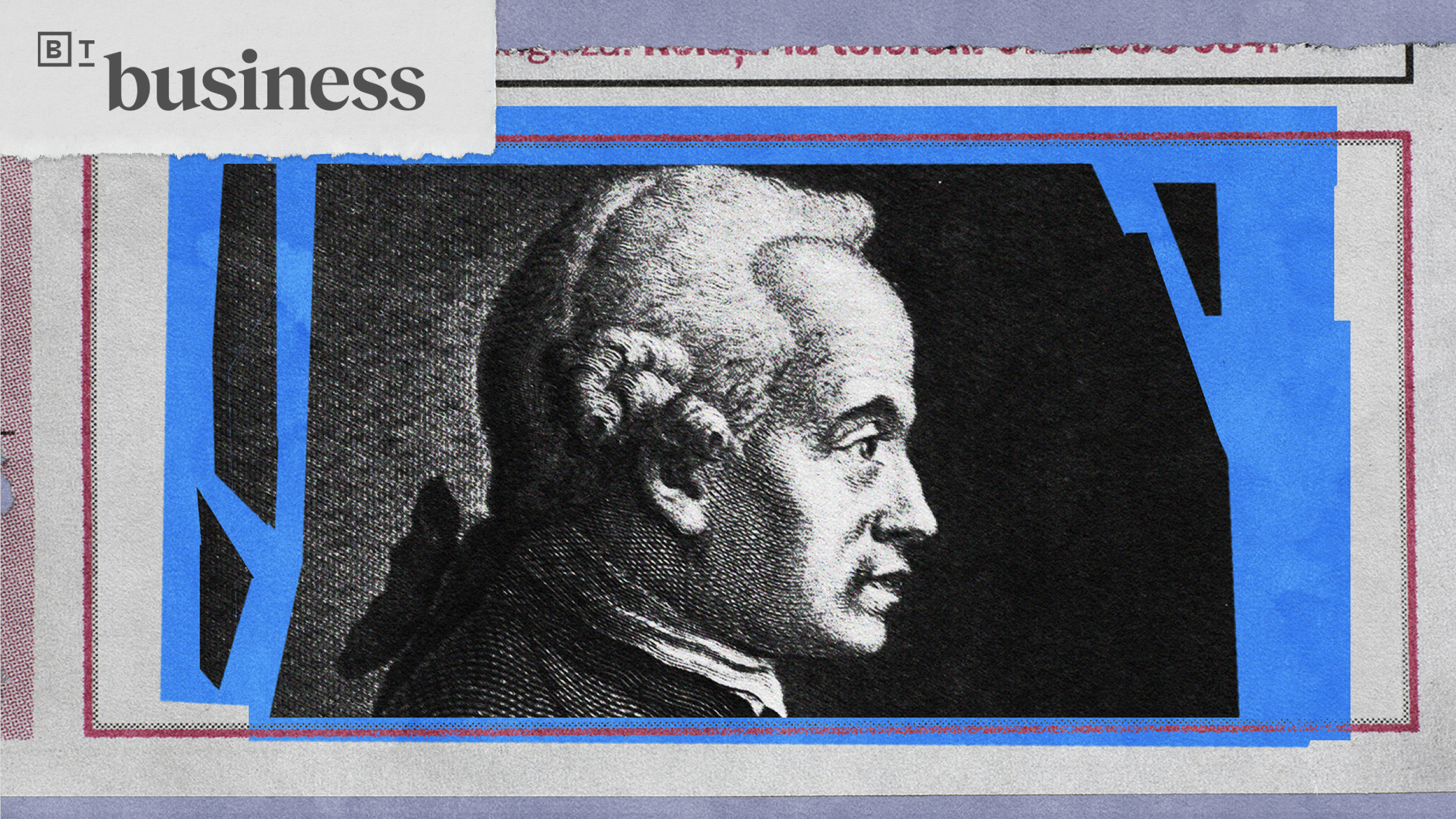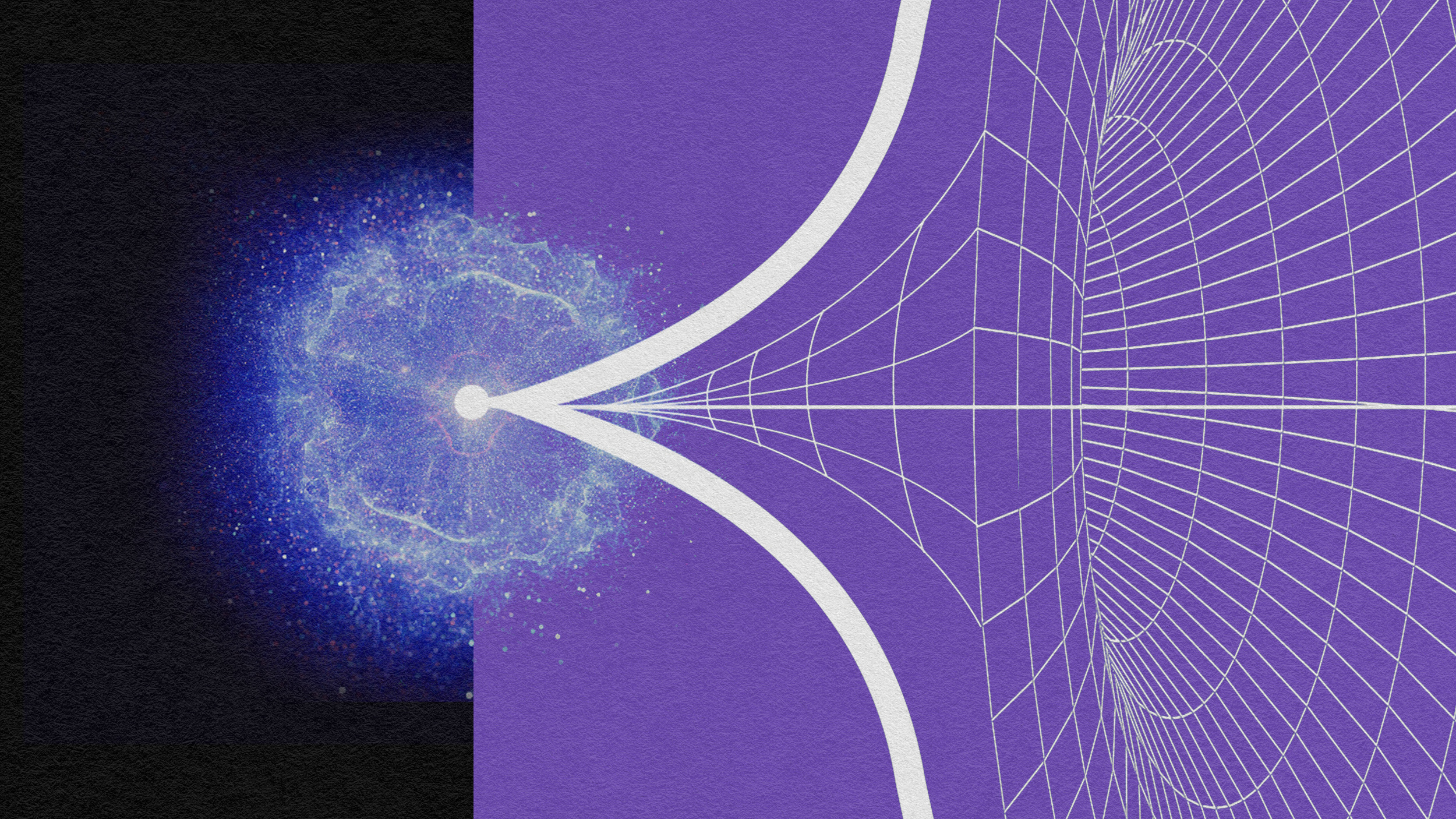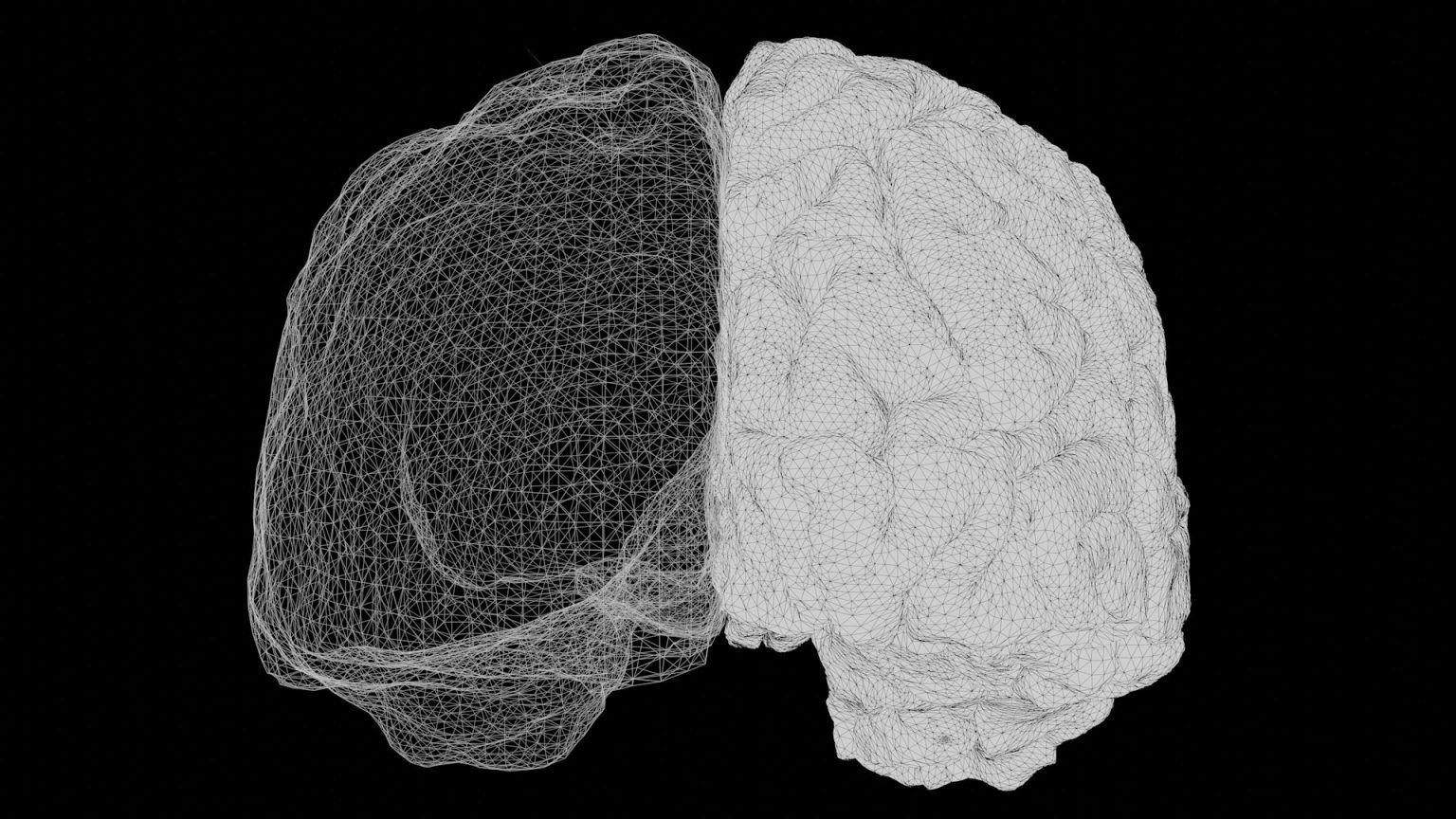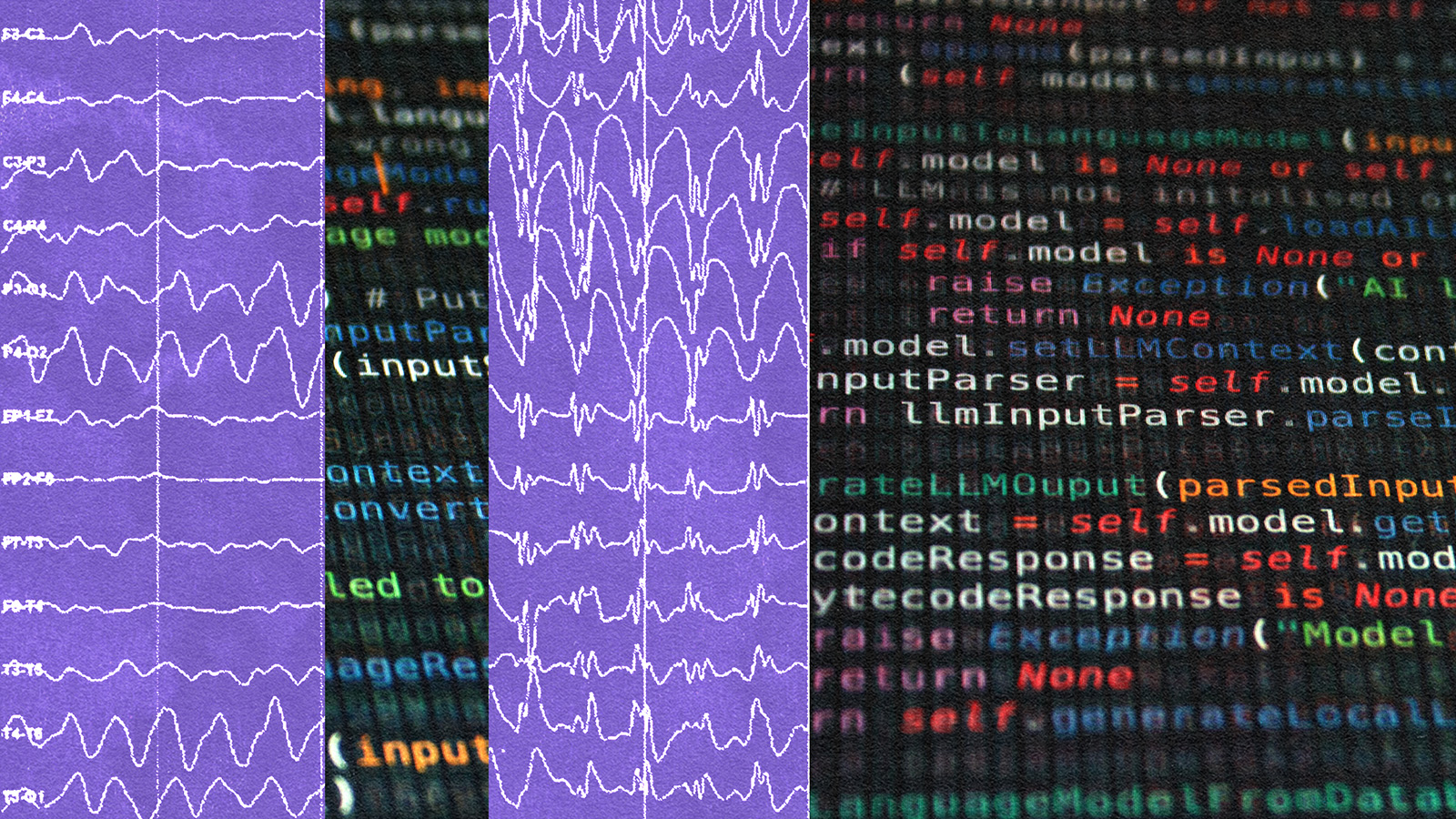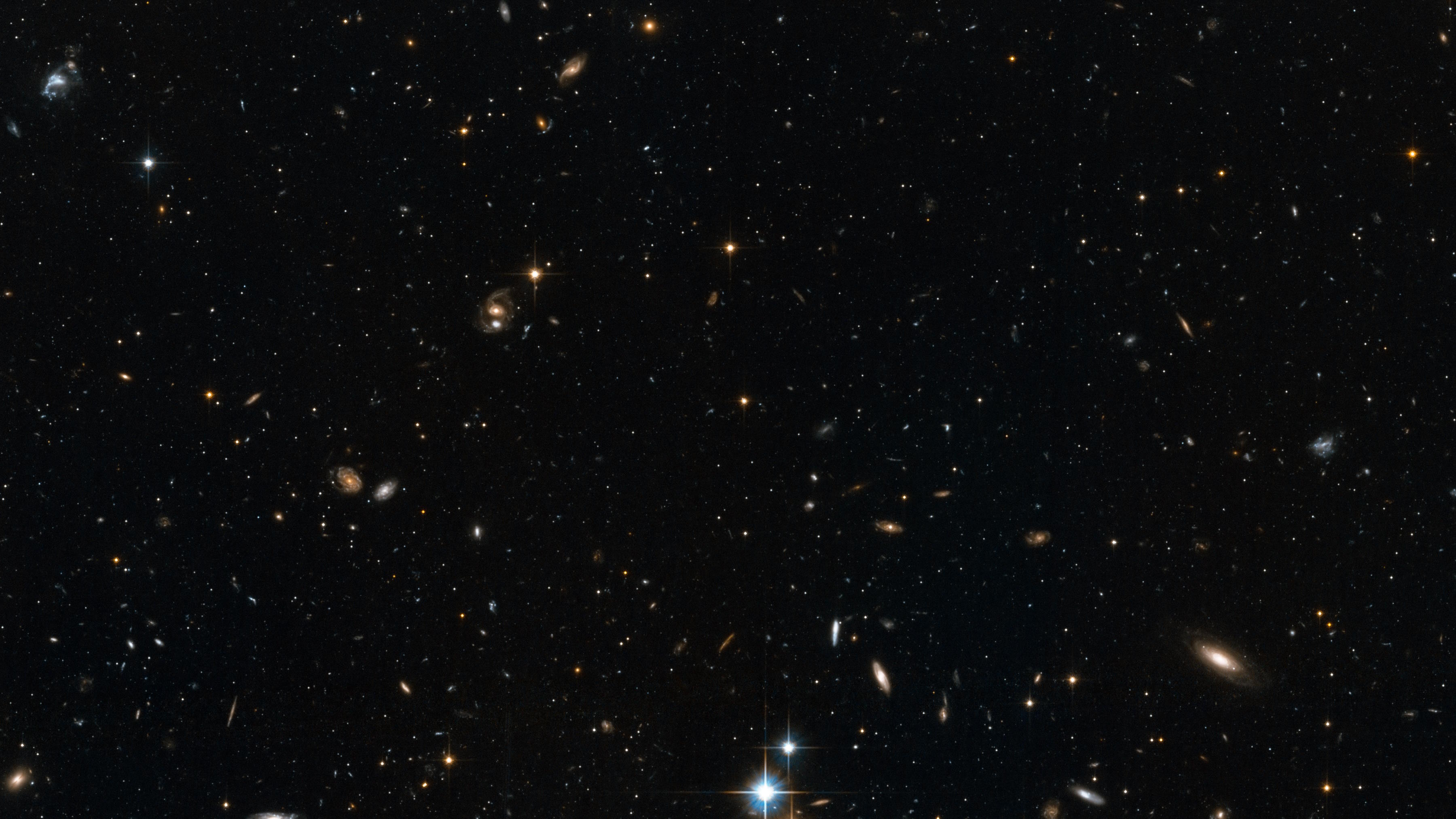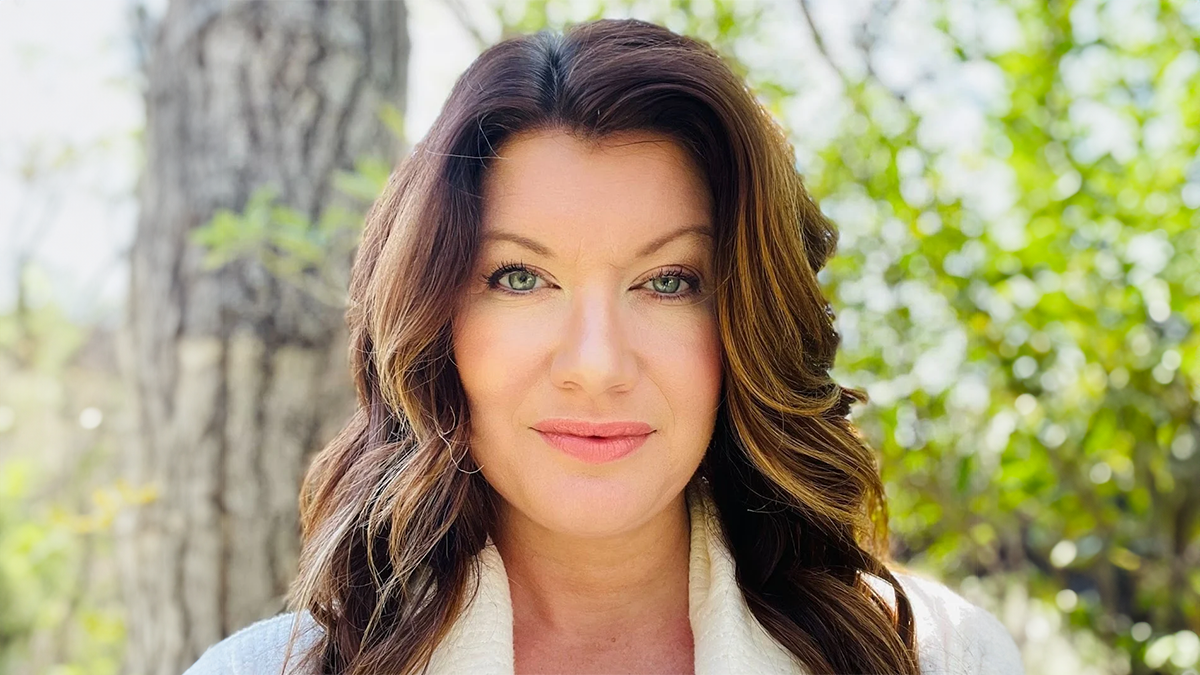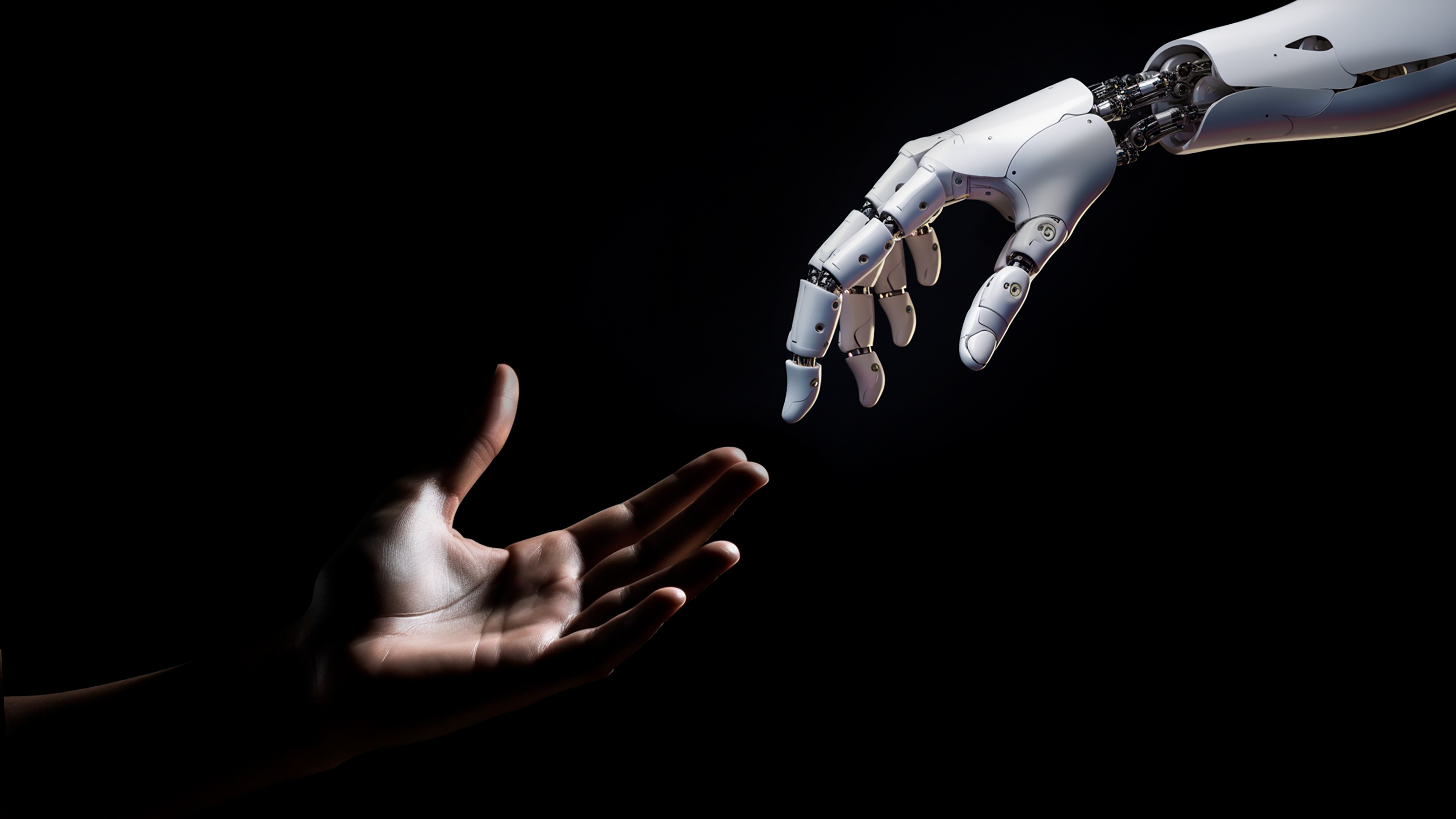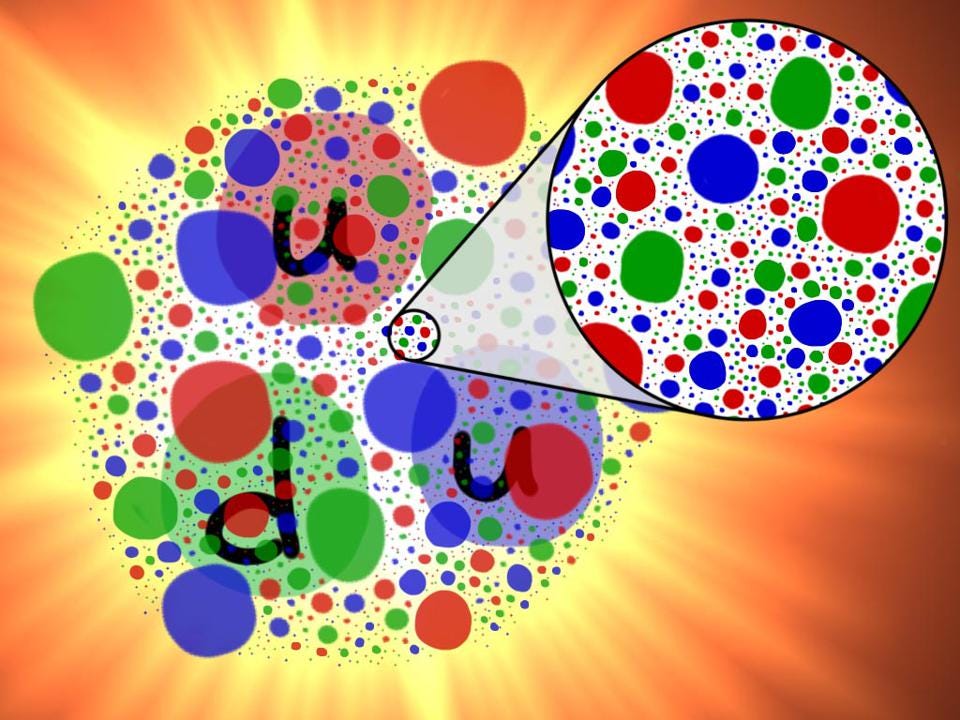Female physicians tend to practice medicine as it should be practiced: with care and compassion.
All Articles
While weltschmerz — literally “world-pain” — may be unpleasant, it can also spur us to change things for the better.
SARS-CoV-2 first emerged in humans in 2019. Despite much noise generated by lab leak proponents, the evidence indicates a natural origin.
Misinterpreted data may be distorting Western predictions about the future of China’s economy.
The benefits of learning with guidance are clear — but the expert and the novice must have a shared understanding of the goal.
On June 20, 2024, the summer solstice occurs at its earliest moment since 1796: when George Washington was President of the USA. Here’s why.
Recent research sheds light on how the brain overgeneralizes fear, causing people to be afraid of harmless situations.
An argument for emphasis on subjective experience.
Tech entrepreneur Alvin Wang Graylin sketches out a bold new age of AI-led enlightenment underscored by compassion.
When leaders embrace positive personal energy, everyone feels the benefits — in trust, innovation and creativity.
There are two different ways to measure the expansion rate of the Universe, and they don’t agree. And no, new measurements don’t help.
Is gravity weaker over distances of billions of light-years?
From Nick Carraway to Charles Marlow, these side characters offered truths their scene-stealing protagonists couldn’t.
The mindless implementation of AI tools can come at a cost for our teams. Here are some red flags and solutions.
A new all-time record! JWST’s discovery of JADES-GS-z14-0 pushes the earliest galaxy ever seen to just 290 million years after the Big Bang.
While GLP-1 agonists help people lose weight, different drugs could help them retain muscle at the same time.
Freethink asks three different kinds of experts to answer this question.
A reader asks whether we have an ethical responsibility to always debate bad beliefs, especially those that come from our elders.
The road from Kant to modern cognitive psychology has taught us much about our mental filtering systems.
If you bring too much mass or energy together in one location, you’ll inevitably create a black hole. So why didn’t the Big Bang become one?
A new framework describes how thought arises from the coordination of neural activity driven by oscillating electric fields — a.k.a. brain “waves” or “rhythms.”
33 years ago, the theoretical biologist Robert Rosen offered an answer to the question “Is life computable?”
Without authenticity, curiosity, and risk-taking we get stuck in the mud — here’s how to make space for resilient progress.
The Universe is precisely dated at 13.8 billion years old, but astronomers claim the Methuselah star is 14.5 billion years old. What gives?
Ancient currents seemed to move in concert with a 2.4 million-year dance between the Red Planet and Earth.
Big Think interviews Angie Westbrock, CEO of Standard AI, to learn the secrets of adapting to the winds of change.
The preservation and celebration of life, and not greed, should be our primary decision-making value.
How (not) to end up in the ash heap of history.
Lynda Gratton, a professor of management practice at the London Business School, explains how business leaders can navigate a future in constant flux.
It’s 2024, and we still only know of the fundamental particles of the Standard Model: nothing more. But these 8 unanswered questions remain.
